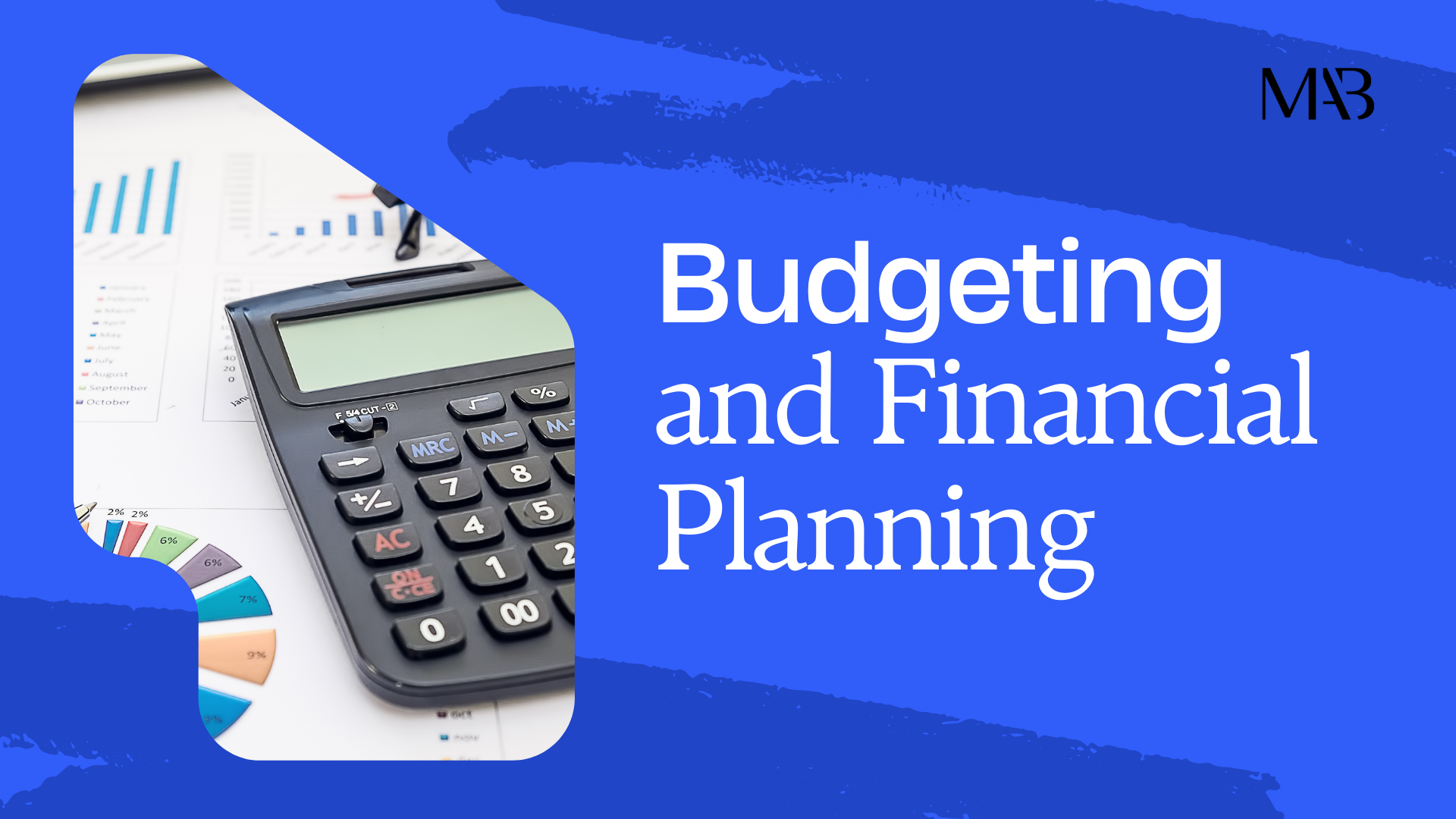Budgeting and Financial Planning
In today’s fast-paced world, managing finances effectively has become more crucial than ever. With the constant bombardment of expenses and the ever-growing list of financial responsibilities, it’s easy to feel overwhelmed. However, fear not! By mastering the art of budgeting and financial planning, you can take control of your finances and pave the way to a secure future.

Understanding Budgeting
Budgeting is the cornerstone of financial stability. It’s essentially a roadmap that guides your spending, saving, and investing decisions. Contrary to popular belief, budgeting isn’t about restricting yourself from enjoying life. Instead, it’s about making informed choices that align with your financial goals and priorities.
Steps to Creating a Budget
Assess Your Income: Start by calculating your total monthly income from all sources.
Track Your Expenses: Record all your expenses, from necessities like rent and groceries to discretionary spending like dining out and entertainment.
Differentiate Between Needs and Wants: Differentiate between essential expenses (needs) and non-essential ones (wants).
Set Financial Goals: Determine your short-term and long-term financial goals, whether it’s building an emergency fund, paying off debt, or saving for retirement.
Allocate Funds Accordingly: Allocate your income towards various expense categories based on their priority and your financial goals.Monitor and Adjust: Regularly review your budget and make adjustments as needed to stay on track.
Importance of Financial Planning
While budgeting focuses on day-to-day expenses, financial planning takes a broader perspective, encompassing your entire financial journey—from saving for major life events to retirement planning.
Key Aspects of Financial Planning
Emergency Fund: Build an emergency fund to cover unexpected expenses like medical bills or car repairs. Aim for at least three to six months’ worth of living expenses.
Debt Management: Prioritize paying off high-interest debt, such as credit cards, to avoid hefty interest payments.
Saving for Goals: Whether it’s buying a house, funding your child’s education, or traveling the world, set aside money for your future goals.
Investing for the Future: Grow your wealth by investing in stocks, bonds, mutual funds, or other investment vehicles based on your risk tolerance and investment horizon.
Retirement Planning: Start saving for retirement early and regularly contribute to retirement accounts like 401(k)s or IRAs to secure your financial future.
Tips for Success
Live Below Your Means: Spend less than you earn to avoid falling into the trap of debt and financial instability.
Automate Your Finances: Set up automatic transfers for savings, investments, and bill payments to ensure consistency and avoid missed deadlines.
Stay Flexible: Life is unpredictable, so be prepared to adjust your budget and financial plan accordingly.
Educate Yourself: Continuously educate yourself about personal finance topics to make informed decisions and adapt to changing economic conditions.
Seek Professional Advice: Consider consulting with a financial advisor to get personalized guidance tailored to your financial situation and goals.
Conclusion
By mastering budgeting and financial planning, you can take control of your financial destiny and build a solid foundation for a prosperous future. Remember, Rome wasn’t built in a day, and neither is financial stability. Stay disciplined, stay focused, and watch your financial dreams become a reality. Start today, and empower yourself to achieve financial freedom!

No responses yet